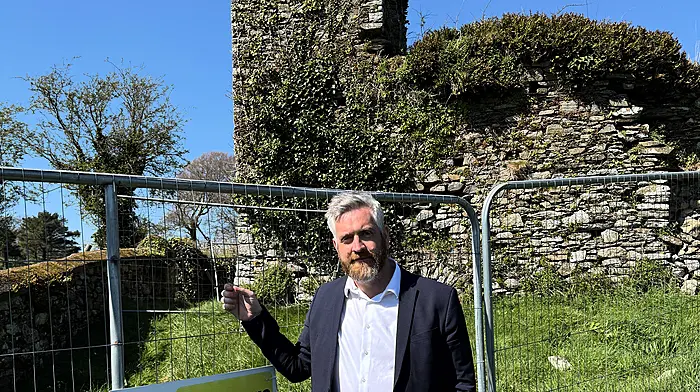MINISTER for Health Simon Harris tells us that he is not ‘ashamed’ of his performance in the job and that he is actually ‘proud’ of what he has done since he came into office. The tens of thousands of people who have to suffer the indignity of having to wait hours, and sometimes days, on trolleys in emergency departments for hospital beds to become available would be unlikely to agree with his self-appraisal; nor would the hundreds of thousands on waiting lists for specialist consultation or treatment.
His comments came in the wake of figures released last week by the Irish Nurses & Midwives Organisation (INMO) which indicated that a record 118,367 patients were left waiting on hospital trolleys across the country in 2019, the worst year for hospital overcrowding in our history, up 9% on the previous year. This is a shameful indictment of the Minister, the Department of Health and the HSE at a time when more money than ever is being pumped into the health sector budget and things get worse, not better.
The problem was exacerbated going into the new year by the arrival of the flu four weeks earlier than usual, with half of those waiting for admission to hospitals suffering from it. This is in spite of a higher uptake of the flu vaccine this winter.
Minister Harris rather limply opined that his performance was better than some of his predecessors, but try selling that line to sick and vulnerable people who are having difficulty accessing public health care that they are entitled to. The Minister talks the talk about falling waiting lists (in certain cases), improved health outcomes and increased life expectancy, and says that there are more doctors, nurses and hospital beds since he started in the job, but the problems he faced then are still there now and are far worse in the case of people being left waiting on trolleys in emergency departments.
Last weekend, we saw the Cork and Mercy University Hospital emergency departments at their most chaotic in terms of overcrowding, forcing the INMO to call an urgent meeting with management about how they plan to deal with it, while SIPTU also protested against long delays faced by ambulance crews in getting patients into the hospitals to be seen to.
Trolley figures, protested the Minister, are not the only metrics for the health service, but they are the most tangible for those in urgent need of medical attention. Granted, with a growing population, the health service is getting busier year on year and some 30,000 more people were seen in hospital emergency departments during the past year, however this is surely predictable – with an increasing cohort of older people annually – and should have been factored into calculations with a view to achieving a net reduction of people forced to wait on trolleys.
In Minister Harris’ favour, he has come up with and is in the process of trying to implement the cross-party Sláintecare plan for the long-term direction of the health service. Removing private beds from public hospitals is the most ambitious – and probably the most costly – aspect of this, which will meet with resistance from various vested interests.
Simon Harris may not be in office after the 2020 general election and the poisoned chalice of Minister for Health could be passed on to a new incumbent. S/he will be left with the same problems as there is little sign that the current crises that bedevil the public health service will be solved by then.
Whatever new government is formed after the election, it is incumbent on all parties involved to prioritise tackling the hospital beds crisis with greater urgency and ensure that multiple times less people are forced to wait on trolleys for admission to hospitals.








